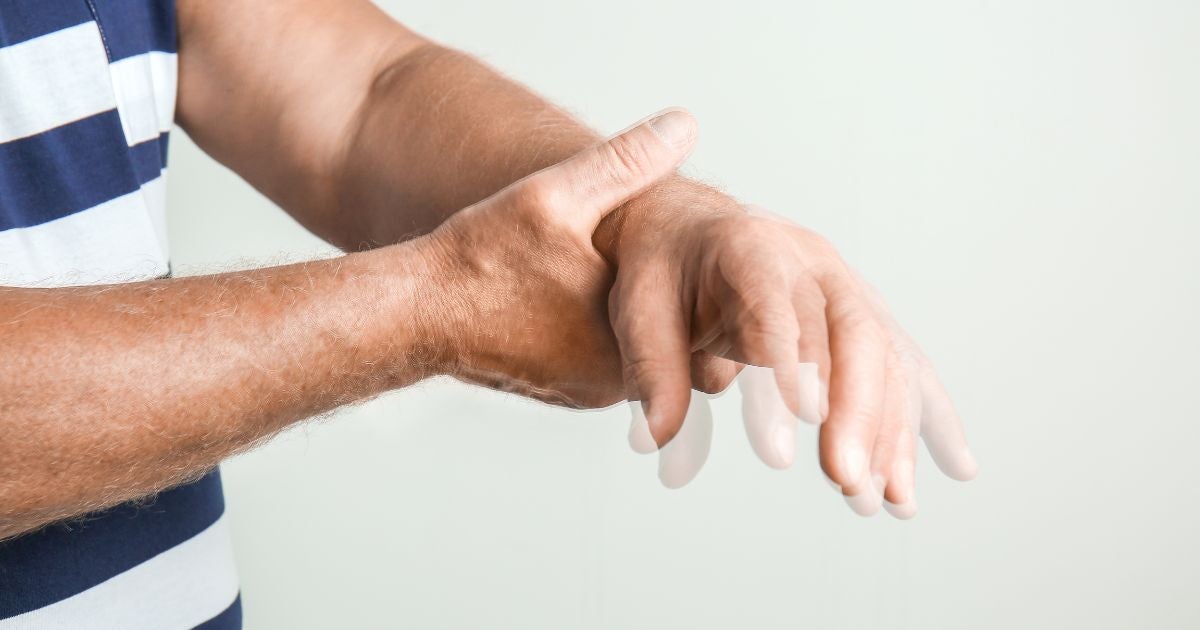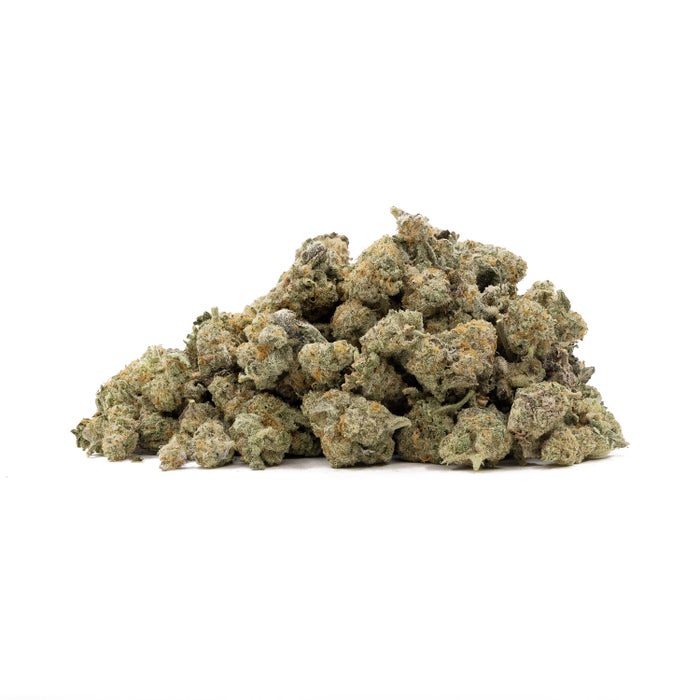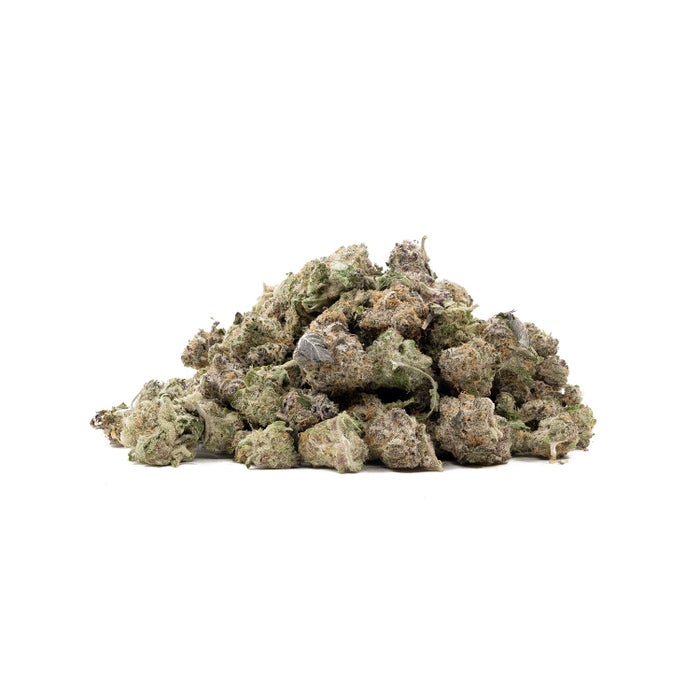- No Products In The Cart
- start shopping
Decoding CBD vs THC for Parkinson’s: Unveiling the Potential Effects and Distinctions

CBD vs THC for Parkinson’s: Unveiling the Potential Effects and Distinctions. Curious about using CBD and THC for managing Parkinson’s symptoms? Get ready to dive into the world of cannabis compounds and discover their potential benefits. In this guide, we’ll unravel the mysteries behind CBD and THC, exploring their effects and shedding light on the key differences. Get ready for an enlightening journey!
Understanding Parkinson’s Disease
Parkinson’s disease is a neurodegenerative disorder that primarily affects the motor system. It is characterized by a range of symptoms, including tremors, stiffness, slow movement, balance problems, and difficulty with coordination. Conventional treatments for Parkinson’s primarily focus on managing these symptoms through medications and therapies. However, these treatments may have limitations, and some individuals may seek alternative options to complement their existing care.
Cannabis, Marijuana, and Hemp: Clarifying the Terms
Before delving into the specifics of CBD and THC, it is essential to clarify the terminology surrounding cannabis. Cannabis is a broad term that encompasses various species, including marijuana and hemp. Marijuana refers to cannabis plants that contain high levels of THC, the psychoactive compound responsible for the “high” associated with cannabis use. On the other hand, hemp refers to cannabis plants with low levels of THC and higher levels of CBD.
CBD (Cannabidiol) for Parkinson’s
CBD, or cannabidiol, is a non-psychoactive compound derived from cannabis plants, including hemp. Unlike THC, CBD does not produce the euphoric effects commonly associated with cannabis use. This makes CBD an appealing option for those seeking therapeutic benefits without the psychoactive side effects.
In terms of legal status and availability, it is important to note that regulations regarding CBD products vary across different regions. While some countries have legalized CBD for medicinal use, others may have stricter regulations. It is advisable to research and comply with the laws of your specific jurisdiction.
The Potential Benefits of CBD for Parkinson’s
Numerous scientific studies and anecdotal evidence suggest that CBD may offer potential benefits for individuals with Parkinson’s disease. These benefits extend to various aspects of the condition, including symptom management, neuroprotection, and inflammation reduction.
CBD has shown promise in addressing Parkinson’s symptoms such as tremors, stiffness, and sleep disturbances. Some individuals have reported experiencing a reduction in the intensity and frequency of tremors after using CBD products. CBD’s potential anti-inflammatory properties may also contribute to its effectiveness in managing the motor symptoms associated with Parkinson’s.
Additionally, CBD’s neuroprotective properties have attracted attention within the medical community. Some studies suggest that CBD may help protect brain cells from damage and promote their survival. This neuroprotective effect could potentially slow down the progression of Parkinson’s disease, although further research is needed to establish conclusive evidence.
While CBD holds promise as a complementary approach for managing Parkinson’s symptoms, it is crucial to consult healthcare professionals before incorporating it into your treatment plan. They can provide personalized guidance and help determine the most suitable dosage and delivery method for your specific needs.
CBD vs. THC for Parkinson’s: Comparing Benefits, Dosage, and Administration
CBD Dosage and Administration
When considering CBD for managing Parkinson’s symptoms, it is important to establish the right dosage and choose an appropriate administration method. While there is no “one-size-fits-all” approach, here are some general guidelines to consider:
- Start Low and Go Slow: It is recommended to begin with a low CBD dosage and gradually increase it as needed. This allows you to assess your body’s response and find the optimal dosage for symptom management.
- Consult a Healthcare Professional: Working with a healthcare professional experienced in CBD treatments is essential. They can guide you on dosing, and potential interactions with other medications, and help monitor your progress.
- Consider Different Administration Methods: CBD is available in various forms, including oils, capsules, edibles, and topicals. Each method has its own absorption rate and duration of effects. Experimenting with different administration methods can help you find the most effective and convenient option for your needs.
THC (Tetrahydrocannabinol) for Parkinson’s
THC is the psychoactive compound found in marijuana that is primarily responsible for the euphoric effects associated with cannabis use. It is important to note that the legality of THC varies depending on jurisdiction. Furthermore, THC can have potential side effects, which may include impaired coordination, cognitive effects, and increased heart rate.

The Potential Benefits of THC for Parkinson’s
THC interacts with the endocannabinoid system, which plays a role in regulating various bodily functions. This interaction may contribute to the potential benefits of THC for individuals with Parkinson’s disease. Some of the potential benefits include:
- Motor Control: THC may help improve motor control and reduce muscle rigidity, offering relief from the characteristic stiffness and difficulties with movement associated with Parkinson’s.
- Pain Management: Parkinson’s can often be accompanied by pain. THC’s analgesic properties may help alleviate pain symptoms, improving overall comfort and quality of life.
- Mood Enhancement: Parkinson’s can affect mood and contribute to anxiety or depression. THC’s potential mood-enhancing properties may provide relief and improve emotional well-being.
- Appetite Stimulation: Many individuals with Parkinson’s experience a loss of appetite, leading to weight loss and nutritional deficiencies. THC’s ability to stimulate appetite may help address these challenges.
It is important to note that THC also carries potential drawbacks. Some individuals may experience cognitive impairment, memory issues, and increased dependency risks. Additionally, the psychoactive effects of THC may not be desirable for everyone, and its use should be carefully considered in consultation with healthcare professionals.
THC Dosage and Administration
Similar to CBD, determining the appropriate THC dosage and administration method requires individualized consideration. Here are some general guidelines to keep in mind:
- Medical Supervision: Due to THC’s psychoactive effects and potential side effects, it is crucial to use THC under medical supervision. A healthcare professional experienced in cannabinoid treatments can provide personalized guidance and monitor your progress.
- Administration Methods: THC can be consumed through various methods, including inhalation (smoking or vaporizing), oral ingestion (edibles, oils, capsules), and topical application. Each method has its own onset time and duration of effects. Working with your healthcare professional, you can determine the most suitable administration method for your specific needs.
- Compliance with Local Regulations: THC’s legal status varies across regions. It is important to adhere to local regulations and obtain THC products from legal and reputable sources.
-
 NEW!Lucky Extracts – Shatter (2g)$26.25
NEW!Lucky Extracts – Shatter (2g)$26.25 -
 NEW!Lucky Extracts – Shatter (28g)$231.00
NEW!Lucky Extracts – Shatter (28g)$231.00 -
 NEW!People’s Choice – Fruit Rollupz$39.38 – $94.50
NEW!People’s Choice – Fruit Rollupz$39.38 – $94.50 -
 15% OffHive – Budder Infused Pre-Rolls (0.5g)$57.75
15% OffHive – Budder Infused Pre-Rolls (0.5g)$57.75 -
 NEW!Lucky Farms – Mac Donut (smalls)$73.50
NEW!Lucky Farms – Mac Donut (smalls)$73.50 -
 NEW!Lucky Farms – Blockberry (smalls)$73.50
NEW!Lucky Farms – Blockberry (smalls)$73.50
CBD vs. THC: Comparing the Two
CBD and THC have distinct characteristics and effects. Here are some key points of comparison:
- Psychoactive Properties: CBD is non-psychoactive and does not produce a “high” sensation, whereas THC is psychoactive and can induce euphoria.
- Legal Status: The legal status of CBD and THC varies across jurisdictions. CBD derived from hemp is often more widely accepted, while THC is subject to stricter regulations due to its psychoactive nature.
- Potential Side Effects: CBD is generally well-tolerated, with minimal side effects reported. THC, on the other hand, can have side effects such as impaired coordination, cognitive effects, and increased heart rate.
- Mechanism of Action: CBD and THC interact with the endocannabinoid system, but their mechanisms of action differ. CBD does not directly bind to cannabinoid receptors, while THC binds to both CB1 and CB2 receptors.
- Effects on Symptom Management: Both CBD and THC have the potential to alleviate Parkinson’s symptoms, but their specific effects may vary. CBD is often sought for its potential benefits in reducing tremors, stiffness, and sleep disturbances, while THC may be more effective in addressing motor control, pain, mood, and appetite.
It is crucial to emphasize that individual responses to CBD and THC can vary. Personalized treatment plans, informed by consultation with healthcare professionals, are key to finding the most suitable approach for managing Parkinson’s symptoms.
Conclusion
CBD and THC provide individuals with Parkinson’s disease with potential avenues for managing their symptoms. CBD, known for its non-psychoactive properties, has shown promise in reducing tremors and stiffness, addressing sleep disturbances, and potentially offering neuroprotective and anti-inflammatory effects. THC, though psychoactive, may contribute to improved motor control, pain management, mood enhancement, and appetite stimulation. However, it is crucial to emphasize that finding the right approach requires personalized treatment plans, adherence to local regulations, and consultation with healthcare professionals to ensure safe and effective usage. By staying informed about the distinctions and potential effects of CBD and THC, individuals with Parkinson’s can make informed decisions about incorporating these compounds into their overall management strategy.
FAQs

Can THC help with Parkinson’s?
THC, the psychoactive compound found in marijuana, may have potential benefits for individuals with Parkinson’s disease. It has been reported to potentially improve motor control, manage pain, enhance mood, and stimulate appetite. However, the psychoactive effects and potential side effects of THC should be considered, and its usage should be monitored under medical supervision.
Is CBD good for Parkinson’s disease?
CBD, or cannabidiol, shows promise as a complementary approach for managing Parkinson’s disease symptoms. It may help reduce tremors, stiffness, and sleep disturbances. CBD’s potential neuroprotective and anti-inflammatory properties are also of interest. However, it is important to consult healthcare professionals and adhere to local regulations to determine the appropriate usage and dosage.
Can CBD or THC help with tremors?
Both CBD and THC have been reported to potentially help reduce tremors associated with Parkinson’s disease. While CBD is often sought for its anti-tremor effects, THC’s impact on motor control may also contribute to tremor reduction. Individual responses may vary, and consultation with healthcare professionals is essential for personalized guidance.
Does CBD or THC help nerves?
CBD and THC may have potential effects on nerves due to their interactions with the endocannabinoid system. CBD’s reported neuroprotective properties and THC’s impact on pain management may offer benefits for nerve-related symptoms. However, more research is needed to fully understand their effects on specific nerve conditions.
Is CBD oil good for dystonia?
While CBD oil shows promise in managing various neurological conditions, including dystonia, further research is needed to establish its effectiveness. Some anecdotal evidence suggests that CBD oil may help reduce dystonia symptoms, but it is important to consult healthcare professionals for personalized guidance and to explore all available treatment options.
